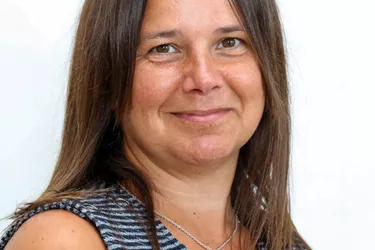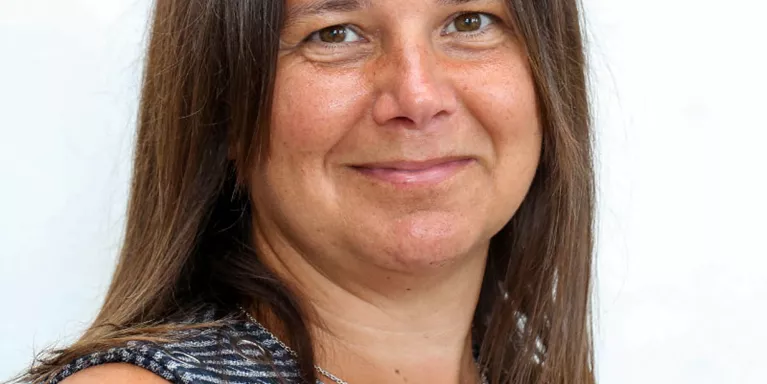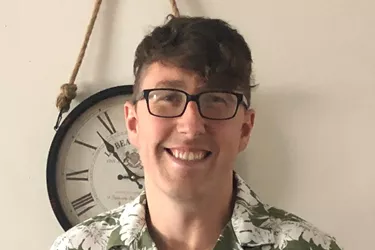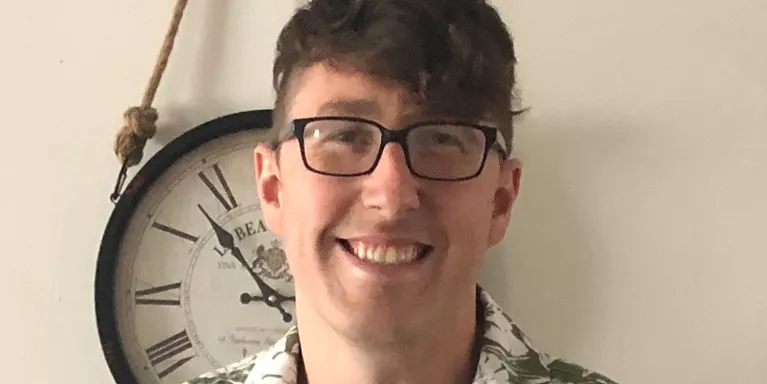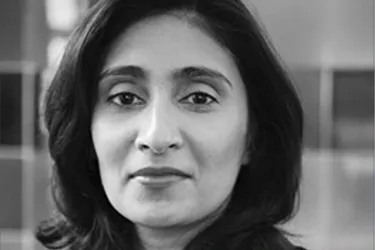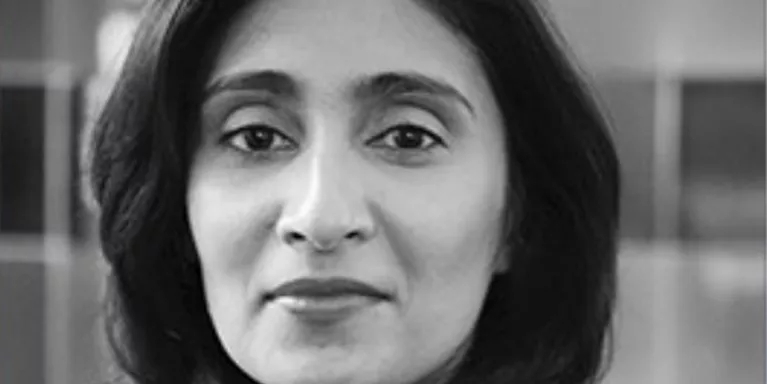A GP's perspective
Dr Sara Ahmed has been working in general practice for almost 14 years and in the last few years has noticed a significant increase in the number of people coming to her for mental health problems.
At least a third of my appointments are for anxiety or depression right through to people who are extremely unwell and need admitting to hospital. My local mental health department is severely under resourced, to the point that the outpatient department was shut down and a lot of these vulnerable patients were discharged to general practice.
GPs are not specialists in mental health. We are generalists, able to cover a wide variety of conditions, offering a holistic approach to medicine. Training varies within general practice from placements as psychiatry junior doctors to training in the community setting when you reach your registrar year. This all depends on what training schemes are available in your chosen area. I was able to do a six-month placement in psychiatry during my training but I had to give up paediatrics to do this.
In those six months, I learned just how complex mental health conditions are and was truly humbled by this experience. My training didn’t teach me what drugs to give the patient, but showed me the person behind the disease and how an illness can be all consuming.
"I believe GPs need extra training, just as we get for other specialties."
I believe GPs need extra training, just as we get for other specialties, with updated information on treatments and clear guidance on referral pathways. Advice on which medications can be safely started in primary care, switching between different medications and what to do if a treatment isn’t working are all things which need clarification and consistency.
The most important take home message from my hospital training is that people need time - time to talk and time to be understood. Time is what is limited in general practice, we only have 10 minutes and with an increasing work-load and depleted work force, we desperately need more resources.
Many people I see don’t want medication, they just want to talk. Of course referring someone to talking therapy is a good option, but if they can’t get an appointment for several weeks it’s not so good. The initial appointment is via telephone and lots of people find this off-putting. It’s natural to want to talk to someone face to face rather than on the phone. It’s very difficult to express how you feel and expose your vulnerabilities to a stranger whom you’ve never seen.
We need an integrated service with primary care, with the ability to refer onwards to secondary care if necessary or to refer back to us. Good communication can help streamline the service. People need good-quality psychological help before things worsen to a point that they can’t work, or they turn to alcohol, or their physical health is affected and they become isolated from friends and family. Wellbeing is everything. I remember being told in a lecture that cognitive behavioural therapy has the best outcomes across most chronic conditions so it really needs to be more available.
"More and more GPs are suffering with burn-out."
During my psychiatry training we received an hour of psychotherapy a week to help us emotionally deal with what we were seeing day to day. More and more GPs are suffering with burn-out.
I sought help from a counsellor myself at one stage, as I was getting so overwhelmed with seeing illness and death on a daily basis that it was making me anxious that something would happen to me or my family. She told me that she sees clinicians regularly and it was commonplace for our reality to become somewhat distorted with tragedy. No one is immune to mental health issues, including doctors.


Information and support
When you’re living with a mental health problem, or supporting someone who is, having access to the right information - about a condition, treatment options, or practical issues - is vital. Visit our information pages to find out more.
Share your story with others
Blogs and stories can show that people with mental health problems are cared about, understood and listened to. We can use it to challenge the status quo and change attitudes.










